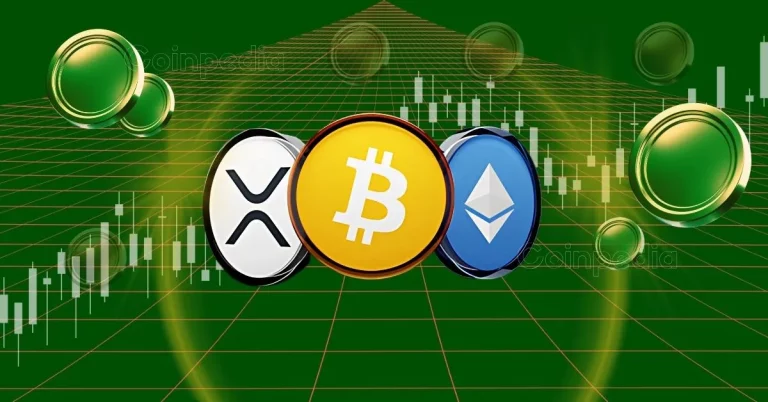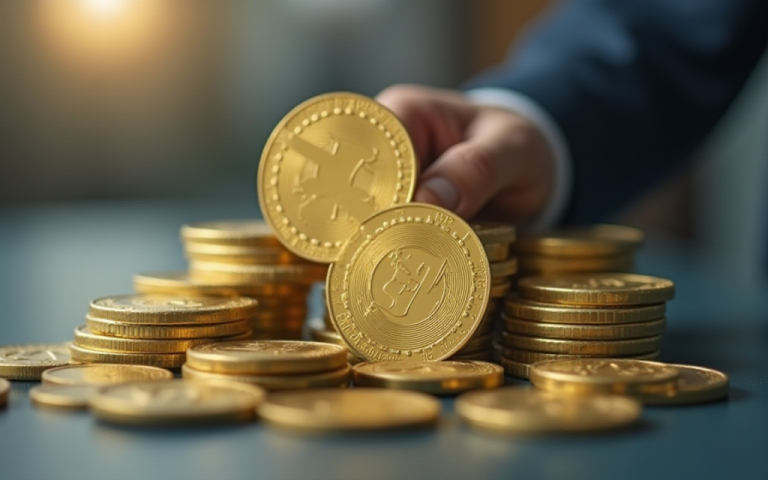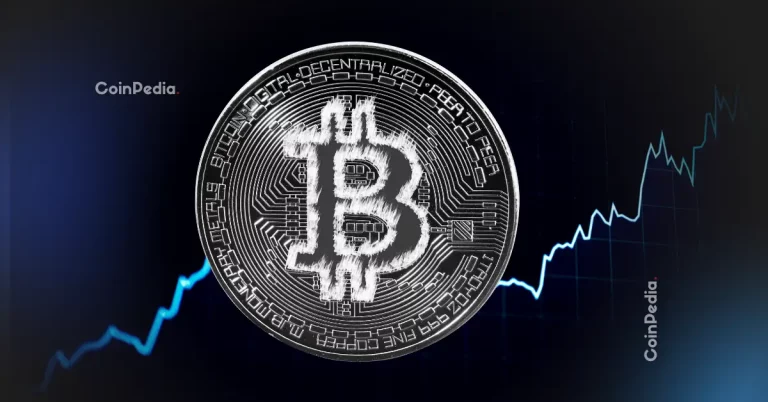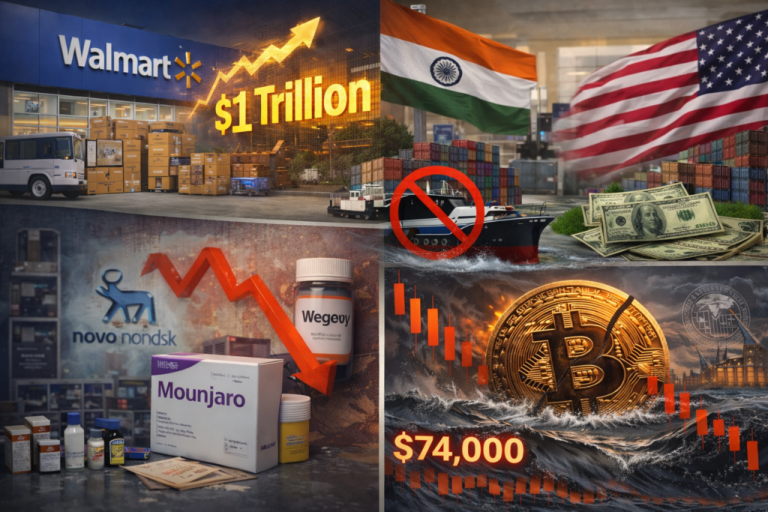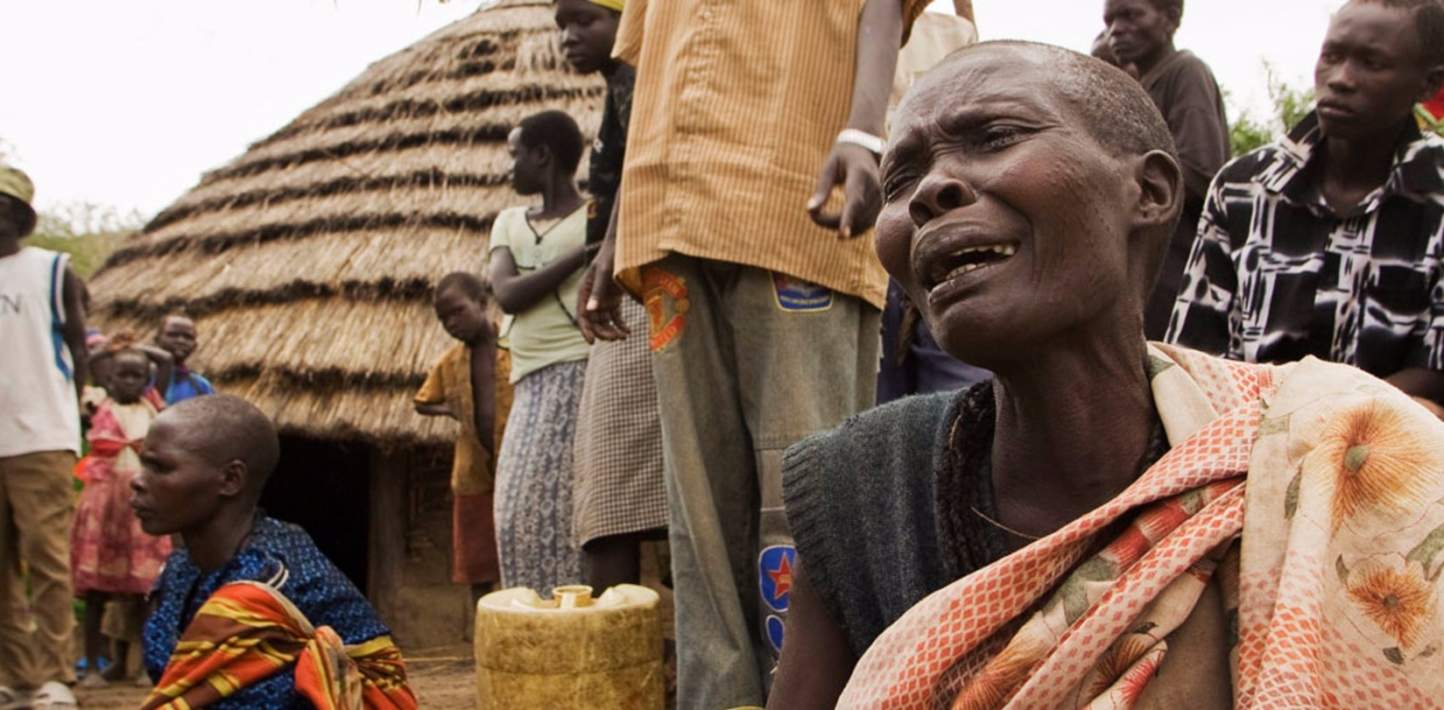
According to Global Finance, South Sudan has been designated as the poorest country in the world for 2024, surpassing Burundi. This ranking is based on purchasing power parity (PPP) rather than GDP, where South Sudan ranks higher.
Despite its wealth in oil reserves, South Sudan, a landlocked nation with 15 million residents, experiences a resource curse that has led to ongoing political and social conflict, inequality, and corruption. More than 60% of its population is expected to require humanitarian assistance this year.
Independence since July 9, 2011, has not shielded South Sudan from poverty; over half the population lives below the international poverty line amid the aftermath of a protracted civil war that has significantly hindered progress and development.
Key unresolved issues include oil revenue sharing, border disputes, and cross-border trade complications. The country relies primarily on subsistence farming for food, but continuous violence and displacement disrupt agricultural activities, exacerbating food insecurity. Natural disasters like droughts and floods further contribute to this crisis.
The economy is heavily dependent on oil, generating 90% of its income, making South Sudan vulnerable to global fluctuations in oil prices. Lack of infrastructure and poor economic management hinder diversification efforts, essential for sustainable growth.
